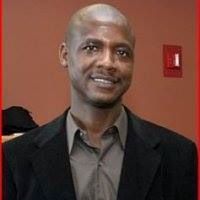By Alagi Yorro Jallow
In Chinua Achebe’s book ‘no longer at ease’, the main character is a young man called Obi Okonkwo. Obi is a UK trained graduate who returns to Nigeria at the dawn of independence and gets a job in the civil service as a scholarship processing officer. His boss is a white man, a Mr. Green, a man who speaks his mind and does not hide his contempt for Africans. Obi on his part believes that corruption would be eliminated in Nigeria if the old Africans civil servants gave way for the new blood.

Photo credit: Author
The irony sets in when Obi is arrested over the same corruption he detested so much. As Obi spent time in court, an interesting conversation between his boss Mr. Green and a British council man ensues in a members’ club.
British council man: I cannot understand why he did it
Mr. Green: I can, what I can’t understand is why people like you refuse to face facts. The African is corrupt through and through.
British Council man: What do you mean?
Mr. Green: They are all corrupt, I am all for equality and all that. I for one would hate to live in South Africa. But equality won’t alter facts.
British Council Man: What facts?
Mr. Green: The fact that, over countless centuries, the African has been the victim of the worst climate in the world and of every imaginable disease. Hardly his fault, but he has been sapped mentally and physically. We have brought him western education, but of what use is it to him?
A new entrant interrupted the conversation.
Mr. Green might have been partially right in his assessment, but had he dug deeper, he would have realized that corruption in Africa, just like Christianity, is an import from the western world. Africans have however behaved as though they are the inventors of corruption, but they are not.
